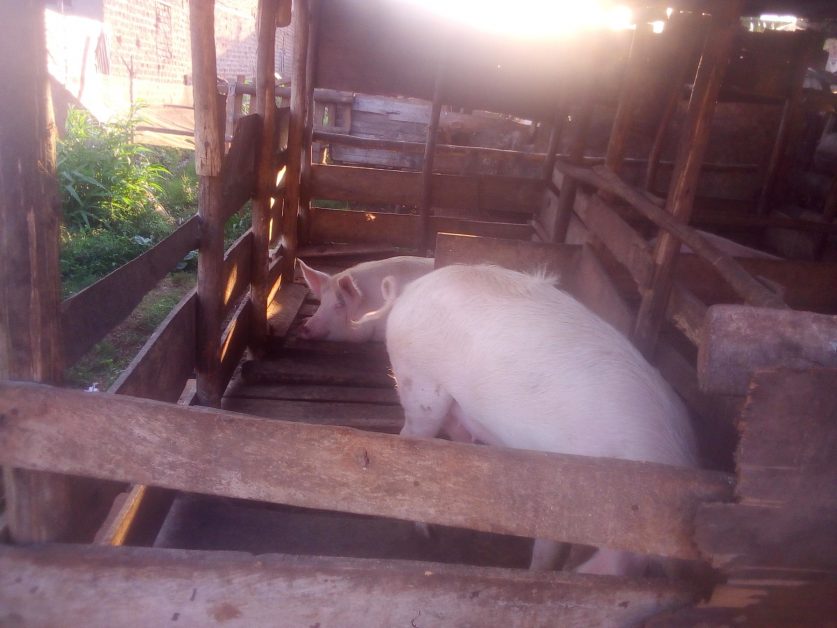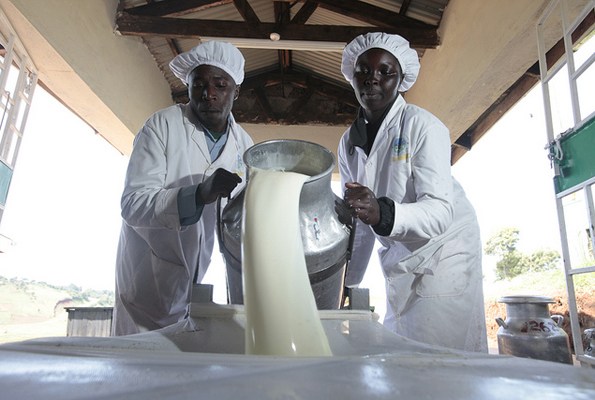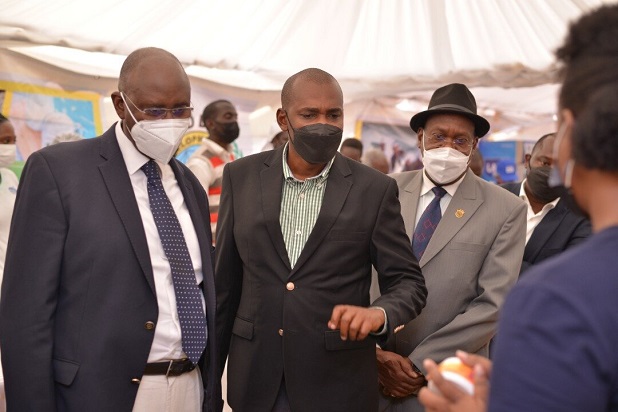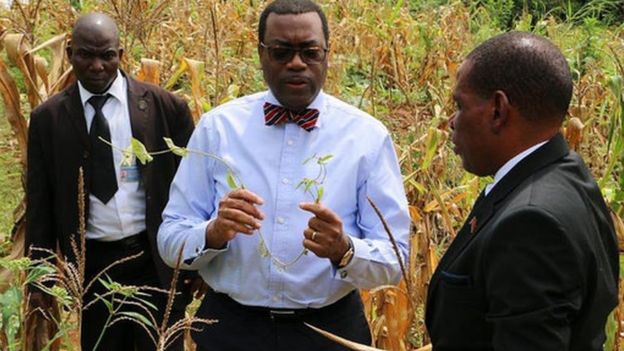Atwijukire makes extra money from rearing pigs
By Francis Otucu
In 2018, Richard Atwijukire, 25, joined his father in Kampala. His father, had in 2009 moved to the city and settled in Banda, Nakawa division, near Kyambogo University. He started a restaurant business that serves mainly University students.
“When students eat food, they leave some food (leftovers) and my father was just giving it out to people; some gave him some money, others took them for free,”Atwijukire, an electrician says, adding: “However, his friends advised him on how to utilize the leftovers. That’s how he started a piggery project.”
When Atwijukire joined his father in Kampala, he had only three mature pigs.Today, the project sits on almost 30ftX30ft plot with over 25 pigs.
As the number increased, Atwijukire says: “We decided to come this side. We built like three rooms. He (his father) had many of them (pigs). The number had increased. They were between 5 and 10 per room.”
The land where the project sits in Banda is not for the family. It is rented. Atwijukire says the family pays Shs200, 000 per year as ground rent.
Atwijukire joins project
When he joined his father and saw the project, he fell in love with it. He started working for his father on the farm. “That’s how I learnt to take care of these animals,” he says. “I saw the project was good. I was like if I am rearing them, why can’t I also buy mine. I also bought mine and I put them here,” he adds.
Atwijukire says one does not need a large number of animals to start.
“When you are starting, it’s not a matter of starting with a big number. You can start with even one piglet. Build your shelter like one room. You can feed it well and it grows faster but when you start with many of them without much food, they won’t grow the way you want it,” he says.
A month-old piglet, Atwijukire says costs about Shs100, 000 but it can go higher depending on the breed.
What to consider
Location is very key. Atijukire says where to put up a farm is very important. The farm being in Kampala, there are thieves. To beat this, the persons surrounding the farm were involved in the initial stages of the project. Each family surrounding the farm has at least an animal.
This means that should a stranger who enters the farm and carries out suspicious activities like stealing, any of the surrounding members own up the responsibility of getting out to find out what is going on at the farm.
“That’s why they don’t steal from here. You don’t know who is coming from where because all these people surrounding the farm at least own an animal. We all take responsibility,” he says.
Feeding
Atwijukire says feeding is very crucial in piggery project. “You must be sure how the animals are going to feed,” he says.
As for Atwijukire, leftovers come from the restaurant.
However, he says, the leftovers are only available for when students are in school.
During holidays, they buy food to feed the animals.
“Our restaurant works during school time. Sometimes when we are on holidays, food is not enough. So, we have to buy this maize bran (chacu). We mix them with other ingredients,” he says.
Diseases
Like any other project, piggery isn’t free from challenges.
Diseases attack the animals. Atwijukire says they do de-worming, immunization and give vitamins to the animals.
When all is well, a mature animal cost Shs700, 000 upwards. This, he says, is in a period of less than a year depending on the feeding and care given to the animal.
Atwijukire says he is able to get quick money out of the project.
“With this project, I can get money quickly, within a short time,” he adds, “A project like this is an investment. I have a job and after getting a salary, sometimes I buy an animal or animals and put it/them here because I consider it an investment. In case I want some money even when the job is no more, I can get the money from here and use it to do other things.”
Advice
He advises young people to think of projects like piggery.
“When you are looking for a job, it takes time but you can look for it for a year or even years and still not get a job but when you start this project, it makes you busy, even when you are looking for a job,” he says.
Atwijukire is looking at selling some of the animals he has on the farm so as to raise money, top up with his saving and buy cows in his home district in Western Uganda.

Farm and work
Atwijukire says he doesn’t keep a day away from the farm. Even though he now employs someone to take care of the animals, he makes it a must to reach the farm, regardless of the limited time.
“I go to work at 6am. I come back around 5pm or 6pm. I have to make sure I come this side. Before getting someone to look after them, I was the one looking after them. I would come around 6pm. Then, I make sure I come in the evening because they had to eat and drink. I stay within, so I can easily come here to check what is going on,” he says.





